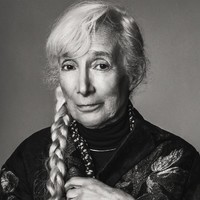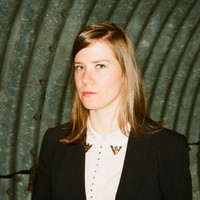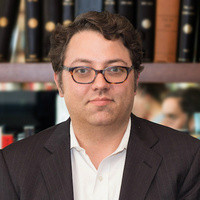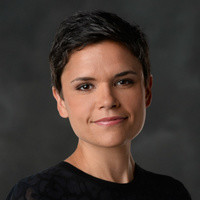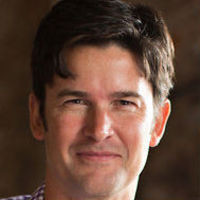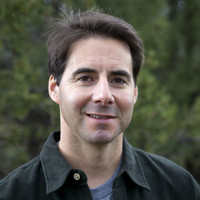Nicholas Carlson writes for Business Insider. His book Marissa Mayer and the Fight to Save Yahoo! came out this week.
“To me people are what’s really interesting. Marissa Mayer is a once in a lifetime subject. She’s full of contradictions. … There are a million business stories, but if you don’t have that character at the center then you’re lost.”
Thanks to TinyLetter, Lynda and Squarespace for sponsoring this week's episode.

